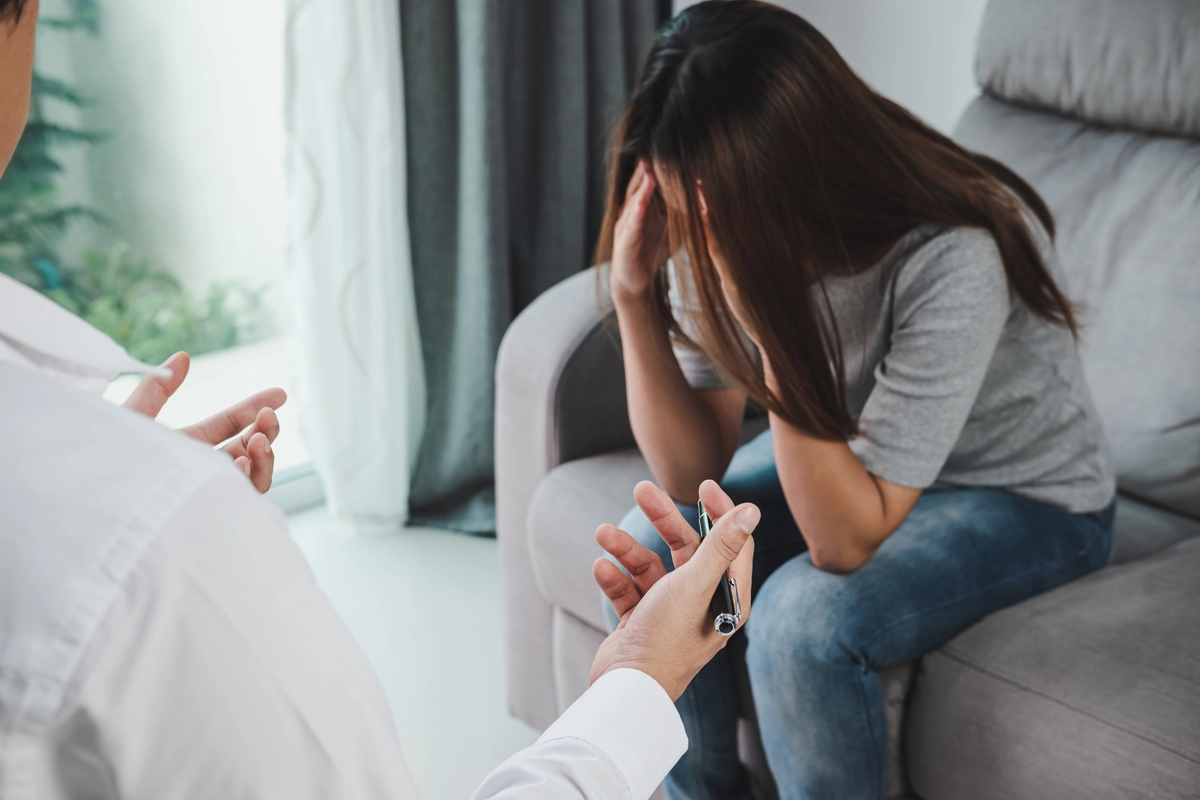24/7 Helpline:
(866) 899-221924/7 Helpline:
(866) 899-2219
Learn more about Eating Disorder Treatment centers in Richland County

Other Insurance Options

BlueCross

Molina Healthcare

United Health Care

CareSource

MHNNet Behavioral Health

CareFirst

Optima

AllWell

Group Health Incorporated

Humana

Evernorth

Medical Mutual of Ohio

Optum

Access to Recovery (ATR) Voucher

Health Partners

WellPoint

ComPsych

Horizon Healthcare Service

UnitedHealth Group

Private insurance

Richland Memorial Hospital – Behavioral Health Services
Richland Memorial Hospital – Behavioral Health Services is a private rehab located in Olney, Illinoi...

Hope Center Ministries – Purcell Women’s Center
Hope Center Ministries - Purcell Women's Center is a faith-based drug and alcohol rehab for women, l...


















































Southeastern Illinois Counseling Centers – Micah Drive
Southeastern Illinois Counseling Centers - Micah Drive offers outpatient services for individuals wi...

Southeastern Illinois Counseling Centers – East Main Street
Southeastern Illinois Counseling Centers - East Main Street offers outpatient services for individua...












